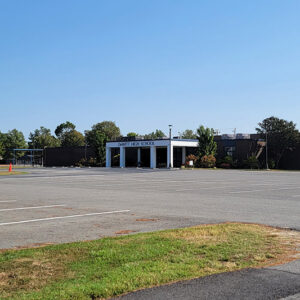 DeWitt High School
DeWitt High School
Entry Category: Education
 DeWitt High School
DeWitt High School
Dibrell, James Anthony, Jr.
Dickinson, Samuel Dorris
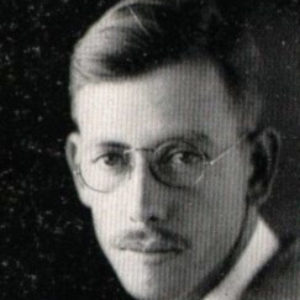 Samuel Dickinson
Samuel Dickinson
Division of Elementary and Secondary Education
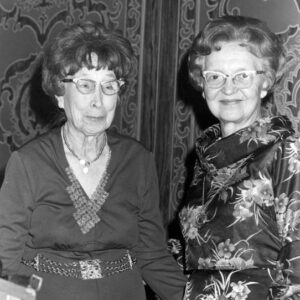 Eva Dodge
Eva Dodge
Dodge, Eva Francette
Downing, Margaret Ruth
Draughon School of Business (Little Rock)
aka: Draughon Business College (Little Rock)
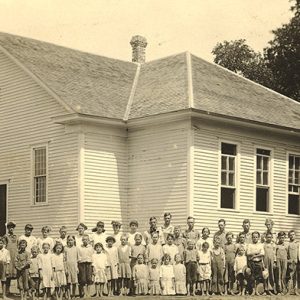 Driggs School
Driggs School
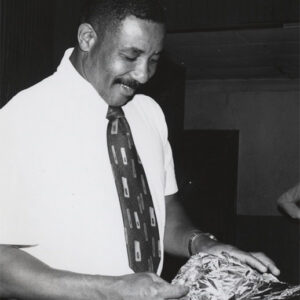 Louis Dunlap
Louis Dunlap
Dunn, Charles DeWitt
Dwight Mission
Earle Race Riot of 1970
Earle, Fontaine Richard
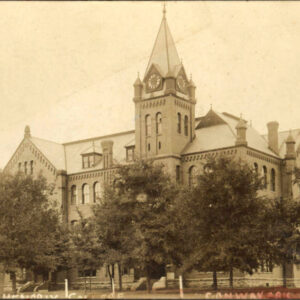 Early Hendrix
Early Hendrix
East Arkansas Community College
EAST Initiative
Eastham, Alan, Jr.
Eaves, Thomas Cary Duncan
Ecclesia College
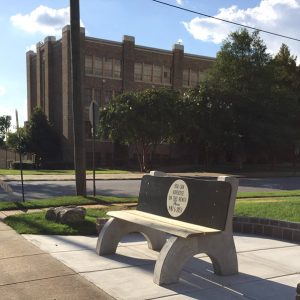 Eckford Bench
Eckford Bench
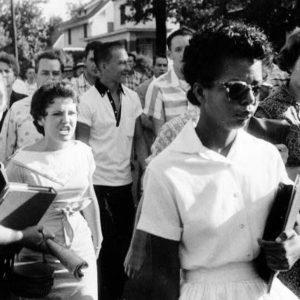 Elizabeth Eckford Denied Entrance to Central High
Elizabeth Eckford Denied Entrance to Central High
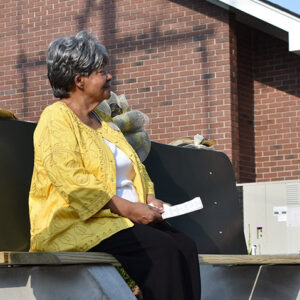 Elizabeth Eckford
Elizabeth Eckford
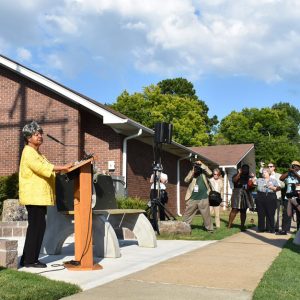 Elizabeth Eckford
Elizabeth Eckford
Eckford, Elizabeth Ann
Economics Arkansas
aka: Arkansas Council on Economic Education (ACEE)
Education Reform
Education, Elementary and Secondary
Education, Higher
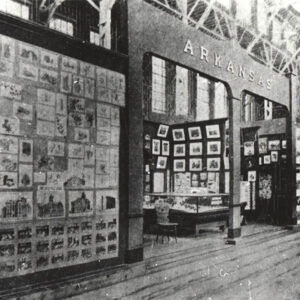 Educational Exhibit
Educational Exhibit
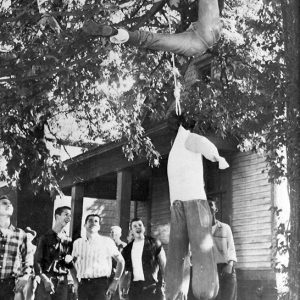 Effigy Hanging
Effigy Hanging
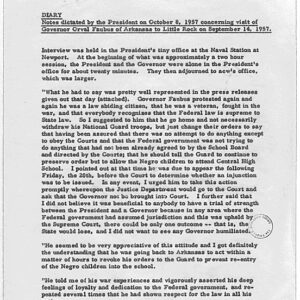 Dwight Eisenhower's Diary
Dwight Eisenhower's Diary
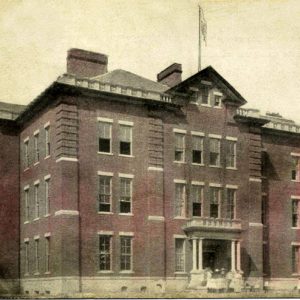 El Dorado High School
El Dorado High School
El Dorado Junior College
El Dorado Promise
Elam, Lloyd Charles
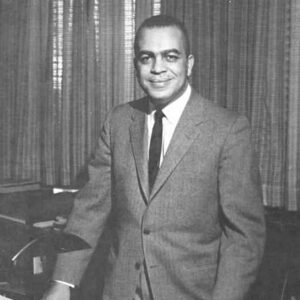 Lloyd Charles Elam
Lloyd Charles Elam
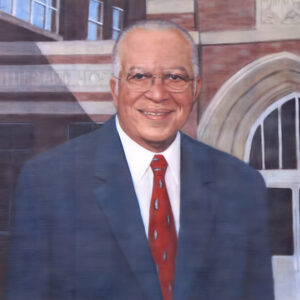 Lloyd Charles Elam
Lloyd Charles Elam
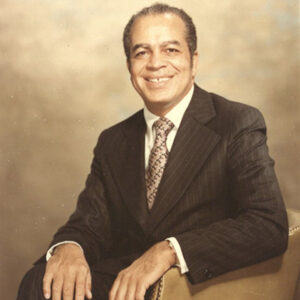 Lloyd Charles Elam
Lloyd Charles Elam
 Elders School of Allied and Public Health
Elders School of Allied and Public Health
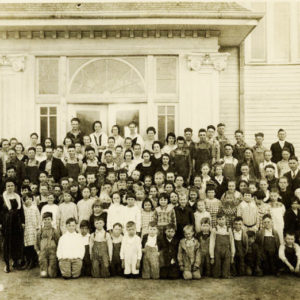 Elkins School
Elkins School
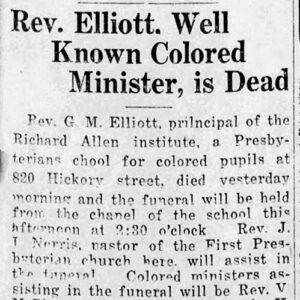 Principal G. M. Elliott Death
Principal G. M. Elliott Death
Elrod, Ben
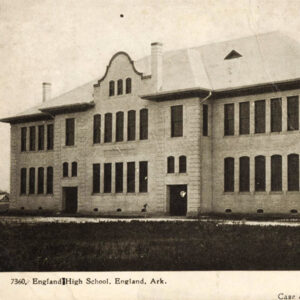 England School
England School
Episcopal Collegiate School
Epperson v. Arkansas
Eros School Building
Evans, David L.
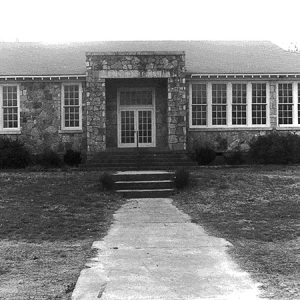 Everton School
Everton School




